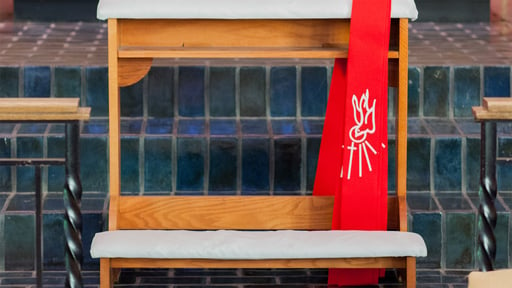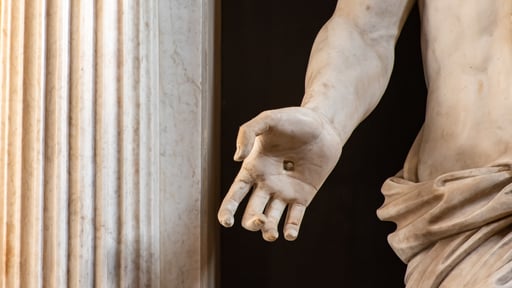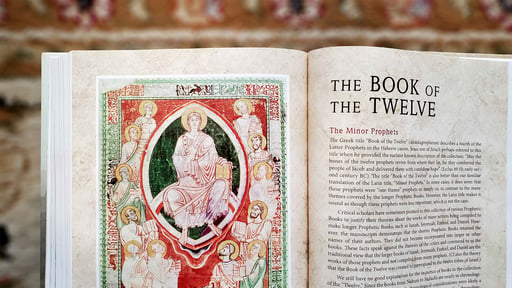Every Sunday, as a community of believers, congregations say the Lord’s Prayer out loud. Luther goes into detail about what each petition of this prayer means, giving believers an in-depth understanding of exactly what it is they’re praying for.
The Fourth Petition, “Give us this day our daily bread,” thanks God for everything that He gives His creation, including food, drink, house, money, and so on. Read an excerpt from Albrecht Peters’s Commentary on Luther’s Catechisms: Lord’s Prayer to see how God gives humanity goodness through Christ daily.
Transforming the Petition into Thanksgiving
Through this glance upward at God’s effecting of blessing, both the form and the content of this petition are changed. From a petition for God’s eschatological presence under the bread of affliction, which day by day orders our sustenance under the ministry of the proclamation of the reign of God, comes the thankful recognition of the benevolent creative activity in all temporal orders. Even this upheaval does not happen suddenly nor is it without any precedent.
The late medieval interpreters quote favorably and frequently an ancient dictum, which has been falsely attributed to Chrysostom: “... therefore we pray not only: give us our bread that we may have it to eat—Thomas adds thereto in the Matthew commentary: which is the same between the righteous and sinners—, but that what we eat we may receive from the hand of God.” In the horizon of this understanding of justification, Luther continues in this direction and accents it similarly as in the address and the amen so that we as creatures are pointed only to God’s fatherly hand of blessing and that we only live in a rightly human and truly Christian manner when we realize this, acknowledge it, and bear witness to it.
Taking Hold of What God Gives
It is not about whether we receive our bread praying from the invisible hand of the Creator, but more precisely whether we grasp in, with, and under the daily bread God’s fatherly goodness. In the linguistically difficult formulation of the Small Catechism, this is not as clearly expressed as in the final section of the Large Catechism. God’s almighty and supreme good, creative hand is stretched out over evil and good alike without our asking it. God’s activity in His secular government is “on the plain” whether people now recognize and acknowledge this or not, completely analogously to the reality that also in the spiritual government, His kingdom of grace comes without our prayer and His salvific will occurs without our asking. In this petition for bread, we nevertheless ask that God would show Himself to us in His earthly goods and gifts as our benevolent Creator and merciful Savior; it is fundamentally true: Only there, where God’s name is glorified, His kingdom comes to us, and His good, salutary will prevails over us, is the Creation in Christ also given to us anew so that we no longer fear the angry judge over it, but instead may recognize the blessing Father and may be privileged to worship Him.
Connecting the Previous Petitions
While Luther interprets the bread petition completely analogously to the first three petitions, he wishes to allude to the consistent secret which connects all four petitions to one another. It is the secret of that sober and cognitive dependence of the First Article on the Second and Third. Only and exclusively in the Holy Spirit, the Son is revealed as the true “mirror of the Father’s heart.” Only and exclusively in the redemption through Christ, the fatherly goodness of the Creator is revealed in final clarity.
To read more theological insights on Luther’s interpretations of the Lord’s Prayer, buy the commentary below.

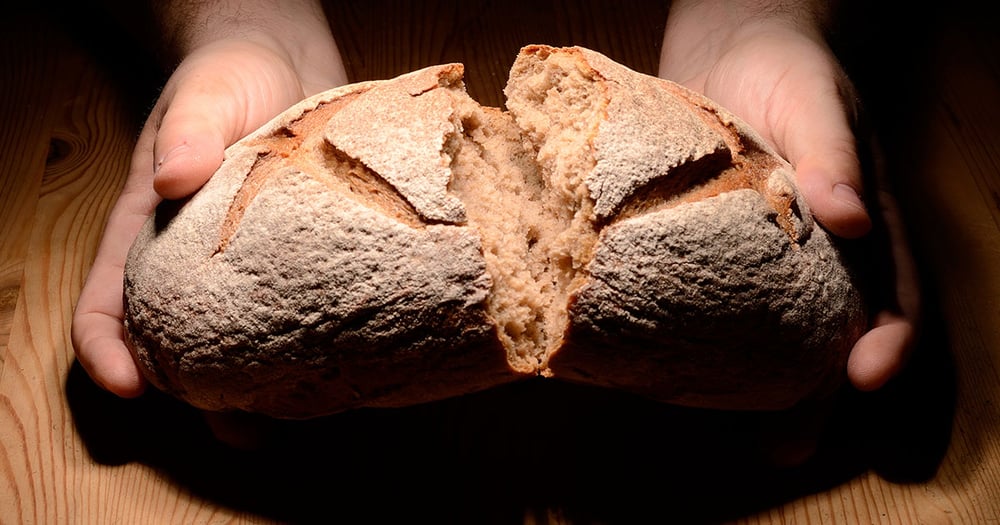


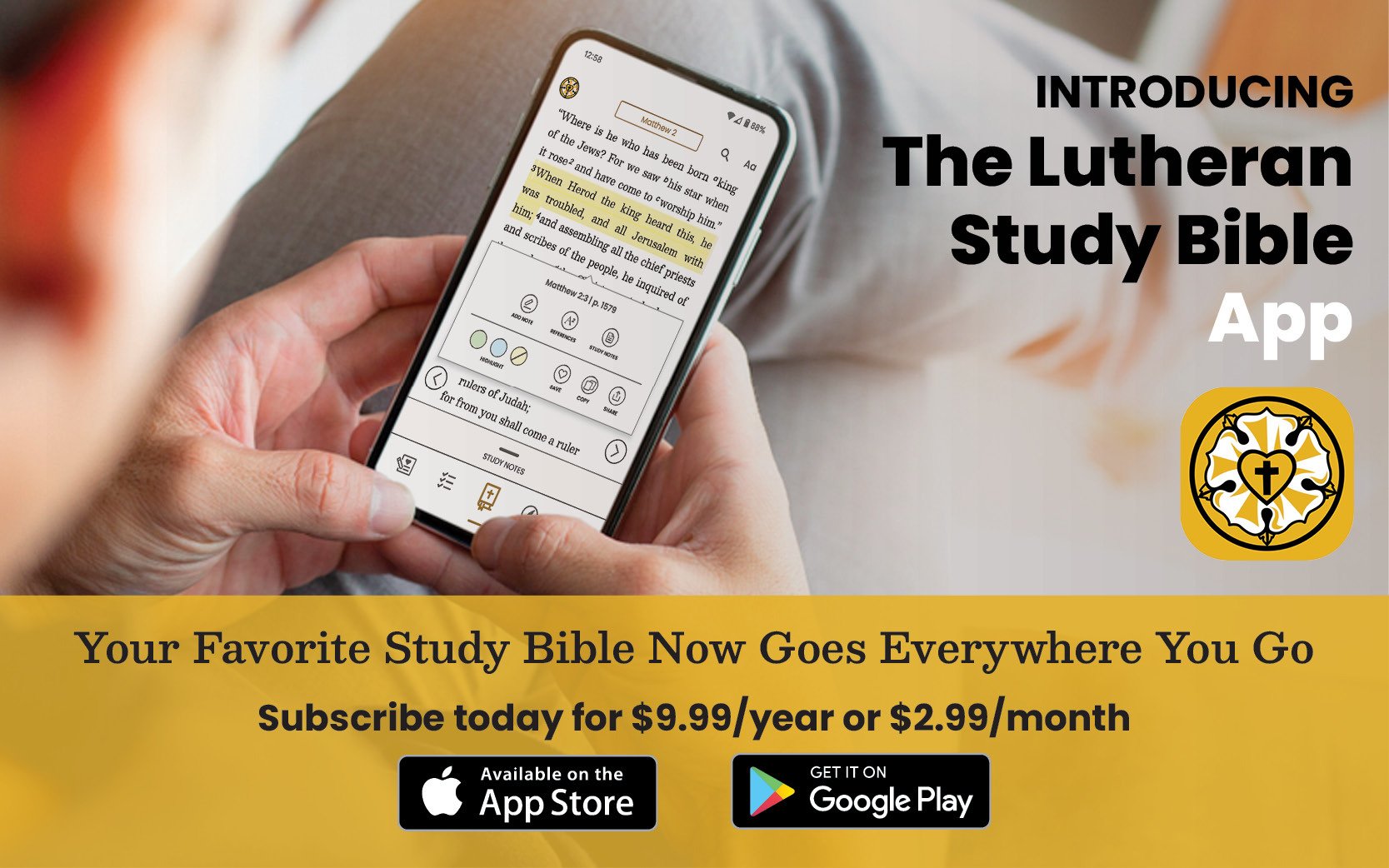

.jpg?width=50&height=50&name=IMG_20220621_160541_456%20(1).jpg)
